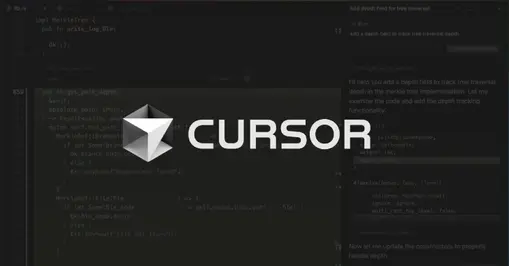T4K3.news
Nuclear experts address AI integration in weapons
Experts unanimously believe that artificial intelligence will play a role in nuclear weapons.
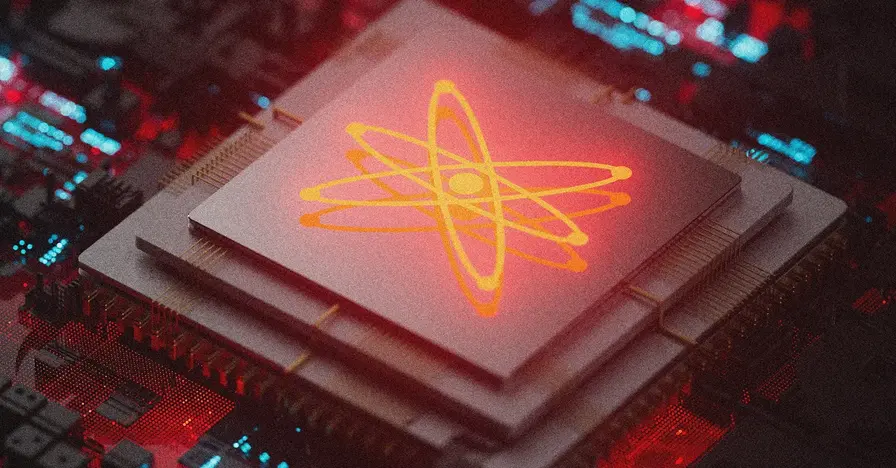
Experts agree that integrating AI into nuclear weapons is inevitable but filled with uncertainty.
Nuclear Experts Discuss AI's Role in Future Weapons
During a recent meeting at the University of Chicago, nuclear war experts discussed the future impact of artificial intelligence on nuclear weapons. These professionals, including Nobel laureates, scientists, and retired military personnel, expressed a consensus that AI will eventually play a role in managing the world’s most destructive systems. Scott Sagan, a Stanford professor, emphasized the influence of AI and emerging technologies, noting the complex challenges that arise from combining these innovations with nuclear arsenals. Discussions included the concerns surrounding control and decision-making, which many believe must remain human-led. There is a shared understanding that while AI may not directly handle nuclear codes soon, the potential for its use in analytical and strategic functions could shape future military policies.
Key Takeaways
"We’re entering a new world of artificial intelligence and emerging technologies influencing our daily life."
Scott Sagan highlights the pervasive influence of AI.
"It’s like electricity. It’s going to find its way into everything."
Bob Latiff underscores the inevitability of AI integration.
"What does it mean to give AI control of a nuclear weapon?"
Herb Lin raises critical questions about AI's implications.
"Almost everybody says we want effective human control over nuclear weapon decision-making."
Jon Wolfsthal reflects the consensus among nuclear experts.
The integration of AI into nuclear weapons systems stirs both fear and hope among experts. While the potential for AI to enhance decision-making is noted as a benefit, the risks remain significant. The historical context of nuclear strategy, combined with the unpredictability of AI development, raises crucial questions about accountability and control. Experts highlight the need for clarity in understanding AI’s role, particularly around how it might make decisions in critical situations. Without careful management, this technology could lead to unintentional escalations in conflict or compromise decision-making standards.
Highlights
- The future of AI and nuclear weapons is a delicate balance of power.
- Human control remains a non-negotiable in nuclear decision-making.
- AI's role in defense strategies raises essential ethical questions.
- The unpredictability of AI could reshape global conflict dynamics.
Concerns Over AI and Nuclear Weapons Integration
The integration of AI into nuclear systems raises ethical and safety concerns about control and decision-making, prompting fears of potential escalation in conflicts.
The discussion on AI and nuclear weapons will shape future defense strategies and international relations.
Enjoyed this? Let your friends know!
Related News
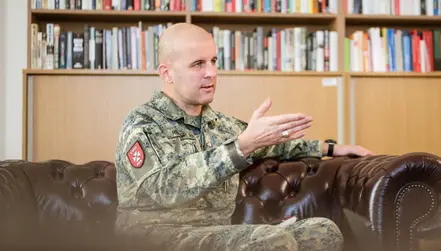
Ukraine boosts defense funding to enhance drone capabilities
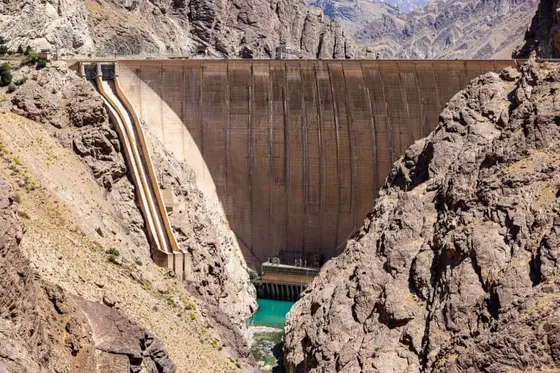
Iran declares emergency amid worsening water crisis

Iran prepares for nuclear talks with Europe in Turkey

Amazon stock drops 8.3% after disappointing earnings
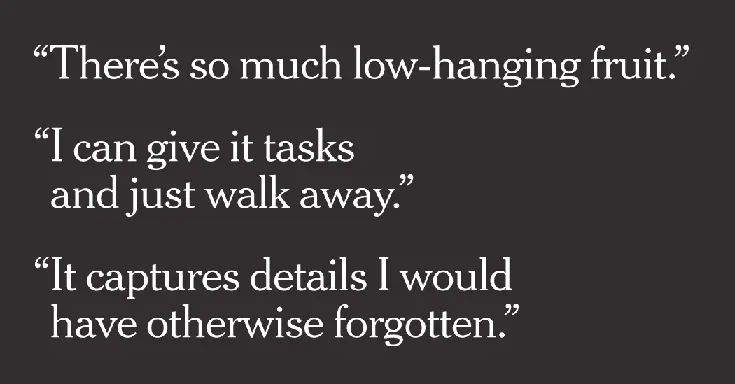
AI tools expand in workplaces

Tory MP criticizes Starmer's handling of asylum seekers

Study reveals alarming rise in scientific fraud

Project Hyperion Launches Competition for Stellar Travel Designs
